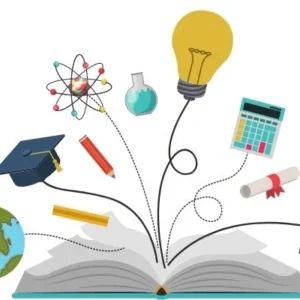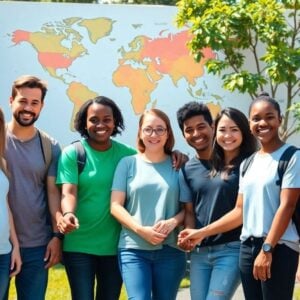Sri Lanka’s tax policies have been identified as a major factor behind the country’s devastating 2022 economic crisis and the chronic underfunding of essential public services such as education. According to a report by Human Rights Watch, the government’s tax system has long favored corporations and wealthy individuals, while failing to generate sufficient revenue to meet the country’s human rights and development obligations. The report urges the government to eliminate costly and ineffective corporate tax exemptions and to adopt more progressive tax measures.
The Human Rights Watch report, titled “Tax Giveaways, Struggling Schools: How Low Taxes Drove Sri Lanka’s Economic Crisis and Squandered its Education Lead,” outlines how successive governments have implemented policies that weakened revenue collection. This trend led to Sri Lanka defaulting on its debt and a significant decline in public education spending—from between 3 to 5 percent of GDP in the decades after independence to just 1.5 percent in 2022, among the lowest globally. The report finds that the government’s reliance on indirect taxes, which disproportionately affect poorer citizens, has further deepened inequality and hindered children’s access to education.
Researchers interviewed over 70 individuals, including educators, families, and economic experts, revealing the harsh realities faced by low-income families. Many parents struggle to pay school-related fees and extra tuition costs, leaving children without adequate educational materials or nutrition. The erosion of public education funding has turned Sri Lanka from a regional leader in education into a nation struggling to maintain basic schooling standards.
The report traces the roots of the crisis to economic liberalization in the late 1970s, when tax revenues from trade fell sharply and were never replaced by a fair, progressive tax system. Subsequent governments compounded the issue by granting broad corporate tax exemptions through non-transparent channels vulnerable to abuse. By 2022, these exemptions cost the government an amount equivalent to 56 percent of total revenues—nearly triple the education budget.
Although the International Monetary Fund approved a $3 billion bailout in 2023 and Sri Lanka’s creditors restructured the country’s debt, the government continues to allocate more than half of its revenue to debt servicing. The new administration under President Anura Kumara Dissanayake, which took office in 2025, has pledged reforms, including reducing regressive taxes and improving education. However, while small bursaries have been introduced to help families with schooling costs, overall education spending has only marginally increased.
Human Rights Watch emphasized that Sri Lanka’s experience reflects a wider global challenge in which international tax competition pushes governments to offer incentives that erode revenue bases. It called for international cooperation and the establishment of a UN tax treaty that aligns fiscal policies with human rights imperatives. The organization urged the Sri Lankan government to build a progressive tax system capable of funding quality education, healthcare, and other social services, ensuring that economic growth translates into equitable and sustainable development for all citizens.







